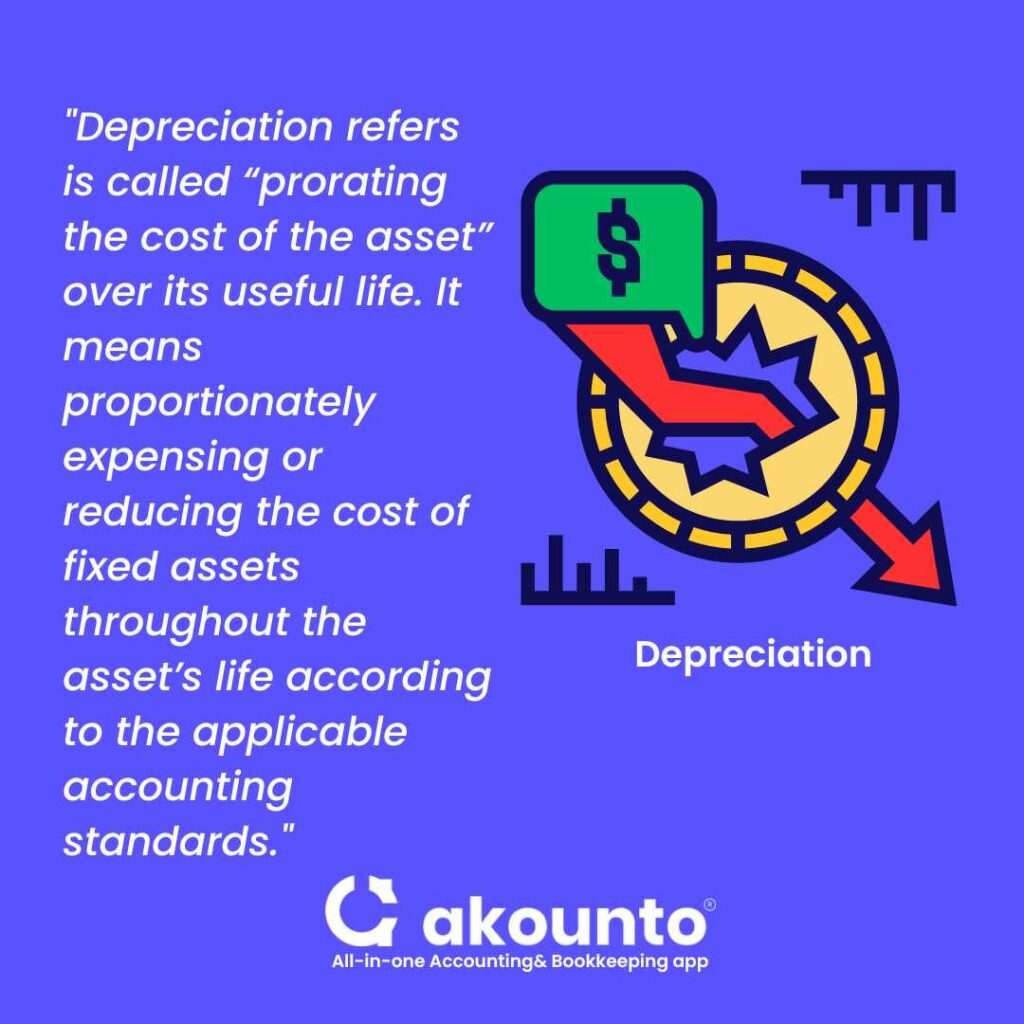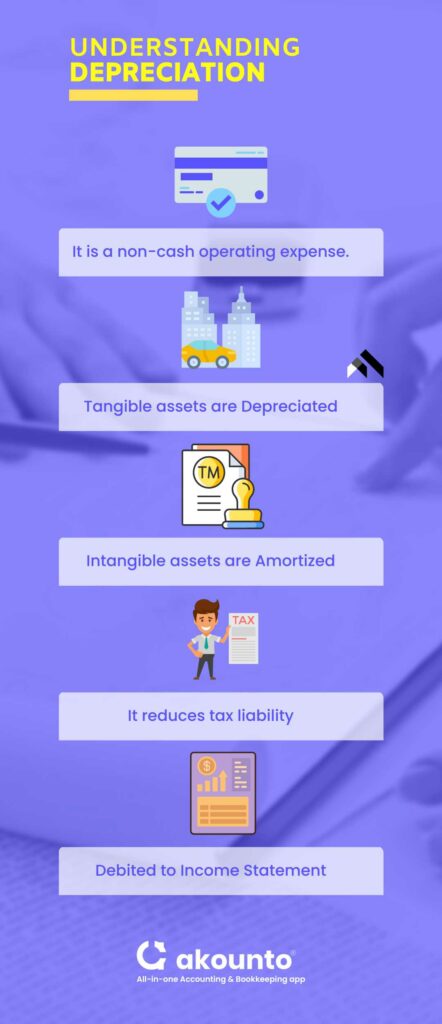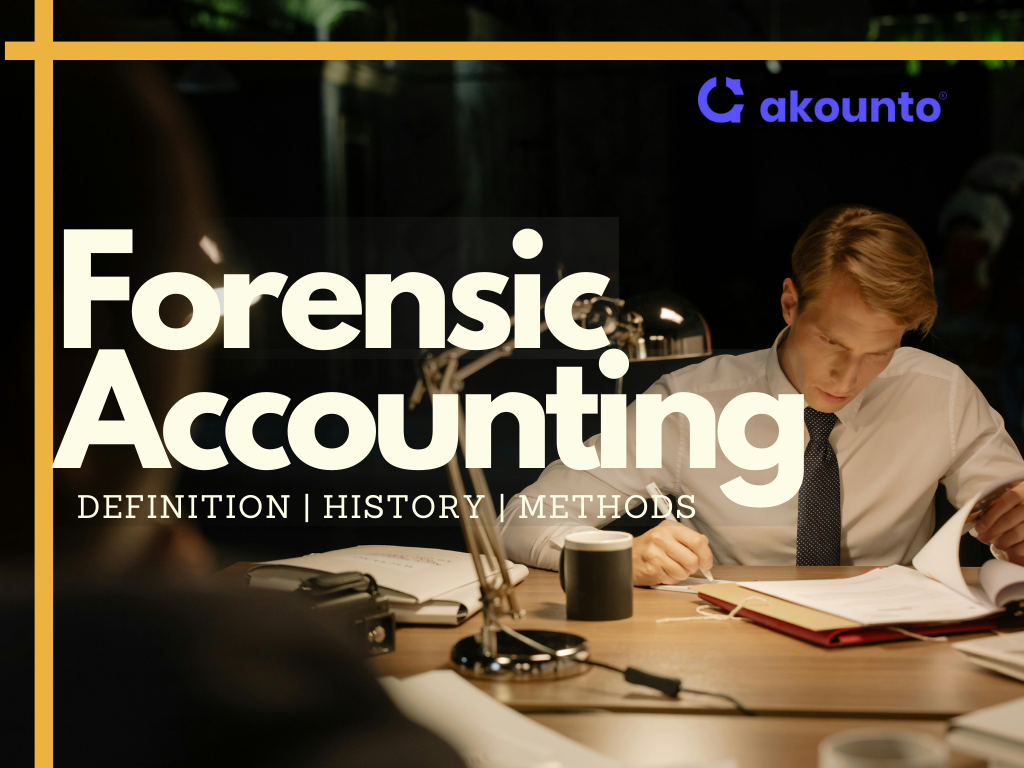Depreciation is a non-cash operation expense as the assets in use are deployed in routine business operations. Assets that are tangible are depreciated, while in the case of intangible assets, it is called amortization.
Depreciation is an accounting method of continuous and gradual diminution of the book value of fixed assets. It is charged on the assets that are crucial in normal business operations.
[ez-toc]
As per IAS 16, the depreciable amount is equal to the purchase cost of the asset, less the salvage value or other amount like the revaluation amount of the asset.
Operating expenses are expenses incurred by a company for its normal business operations. Since fixed assets generate income, depreciation is considered an operating expense.

Why is Depreciation an Operating Expense?
Depreciation expenses write off the value of the fixed asset (including intangible assets like licenses, patents, etc.) over its useful life. It represents how much of the asset has been consumed. Depreciation typically allows the company to pay for the assets over a certain period.
Businesses typically buy fixed assets for long-term use. When a company acquires such an asset, it has two options: immediately deduct the entire direct costs during replacement or depreciate the entire value throughout the item’s useful life.
Amongst the two options, the depreciation process is a preferred method companies use because it reduces the initial immediate cost of the asset.
Simply put, it can help the business transfer the asset’s value from its balance sheet to the income statement.
Under this statement, accumulated depreciation is a part of the business’s operating expenses.
The reason behind this is simple. Depreciation is charged from the fixed assets the business uses in its regular operations. And all the expenses that are part of the cost of operations of a business are accounted for under the head of operating expenses.
But all assets cannot be depreciated.
Depreciation cannot be charged on assets that are low in cost for the company. They can also not charge depreciation on assets that will be consumed within one accounting period of their purchase.
Assets like land with uncertain accounting periods are also excluded from depreciation.
It should be noted that depreciation does not result in a financial outflow. It’s because the entire cost has already been incurred.
Depreciation, therefore, becomes a part of the noncash portion of operational expenses. Depreciation and amortization are thus part of a noncash expense under the operating expenses.
Depreciation is calculated annually and is debited to the Income Statement of Accounts. It is similar to other operating costs. Depreciation gradually increases near the end of the asset’s useful life and cumulates as the costless salvage value.
The depreciation amount is credited to the cumulative depreciation account, which is accounted for under the company’s Balance Sheet.
The accumulated depreciation is deducted from the asset’s historical value to derive the asset’s written-down value.
Depreciation can be computed using many methods, such as the straight-line method, the sum of years digits method, the double declining method, and production units.
When is Depreciation Considered an Operating Expense? Understand with Examples
As per accounting principles, we understand that depreciation expense is charged on fixed assets.
This expense is considered as an operating expense if the fixed asset depreciated is part of the operational activity.
Depreciation is a non-operating expense charged on the assets used in the business’s incidental activities.

Here are a few expenses to understand whether depreciation will be a part of operating expenses.
- Depreciation of the assets used in the sales and administrative equipment, such as the warehouse equipment and delivery trucks, are also a part of the operating expenses.
- Depreciation expenses are charged on tangible assets used in the business owner’s selling and administrative department. These costs are also a part of the SG&A expense of the operating expense.
- Depreciation expense is charged on the tangible assets that are directly a part of the manufacturing of the goods. It is a direct allocation to the cost of the goods sold. It is likely the largest allocation under the business owner’s financial statement.
Is Depreciation Tax Deductible?
Depreciation expenses are also an advantage for the company from a tax point of view.
Depreciation is an income tax break that allows the business owner to recover the costs over its useful life. It is an annual allowance for the property’s wear and tear, deterioration, or obsolescence.
The IRS publishes depreciation schedules detailing the years an asset can be depreciated for tax reasons based on various classes of assets.
Conclusion
Depreciation as an operating expense greatly impacts a company’s financial performance. It affects the business’s gross profit like any other indirect operating expense. Thus it is important to understand the classification and recording of depreciation as an expense.
All-in-one accounting software, Akounto, assists companies in analyzing accrued expenses by creating a separate account that records how much money the company owes and when the payments are due. We assist small businesses in recording and tracking expenses efficiently. To know more, visit our website.




